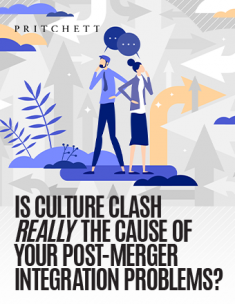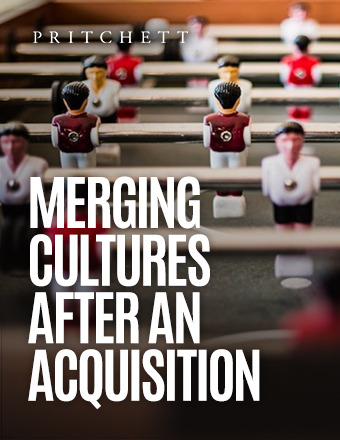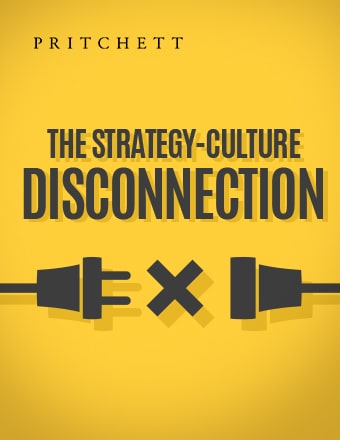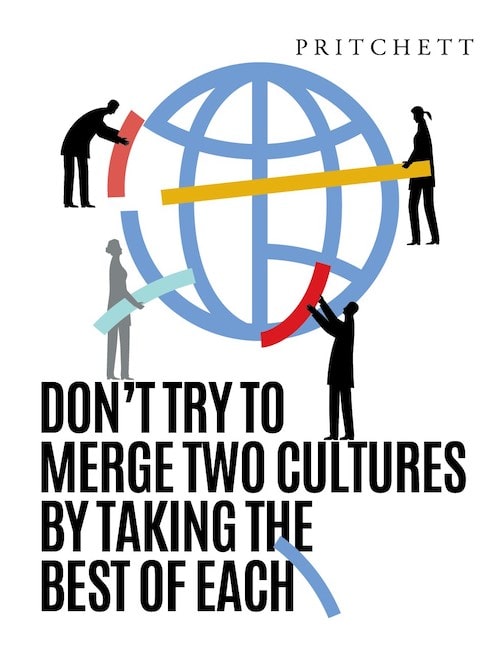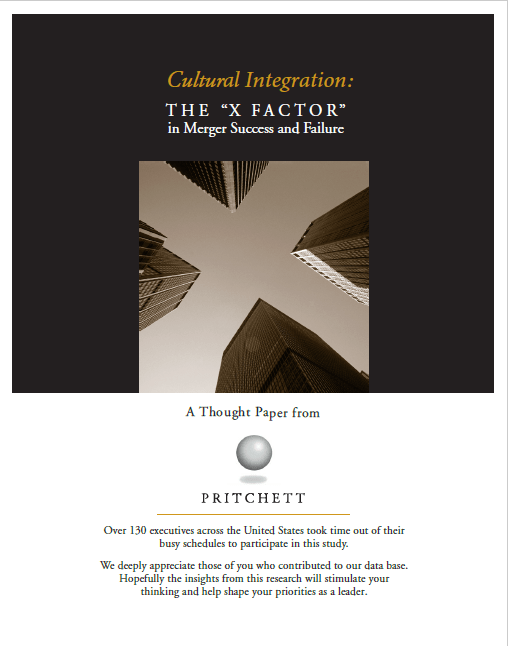Corporate culture often catches the blame when the post-merger integration process runs into trouble. But mergers produce an array of organizational problems that have nothing to do with culture conflict per se.
Imagine, for instance, that your integration program is snarled up because of power struggles, turf battles, communication tangles, lack of teamwork, and such. Does that signal cultural incompatibility?
Not necessarily.
The integration process routinely triggers this set of people problems. They’re generic merger challenges—very predictable—and they stem from the common dynamics of organizational change. While rooted in social, political, and psychological issues, these problems can easily flare up without being fueled by even a hint of cultural tension.
But here’s the rub: Culture clash produces many of the same symptoms.
Differential diagnosis is important here, because the two merger ailments require quite different treatments.
For example, the generic problems of change respond nicely to knowledgeable, well-orchestrated integration management.
Hardcore culture conflict, on the other hand, is idiosyncratic and hard to treat. Plus it’s far more dangerous to merger success.
Read on! Review our free M&A research, diagnostics, and presentations and answers to frequently asked questions about culture. Also check out the below related articles.

